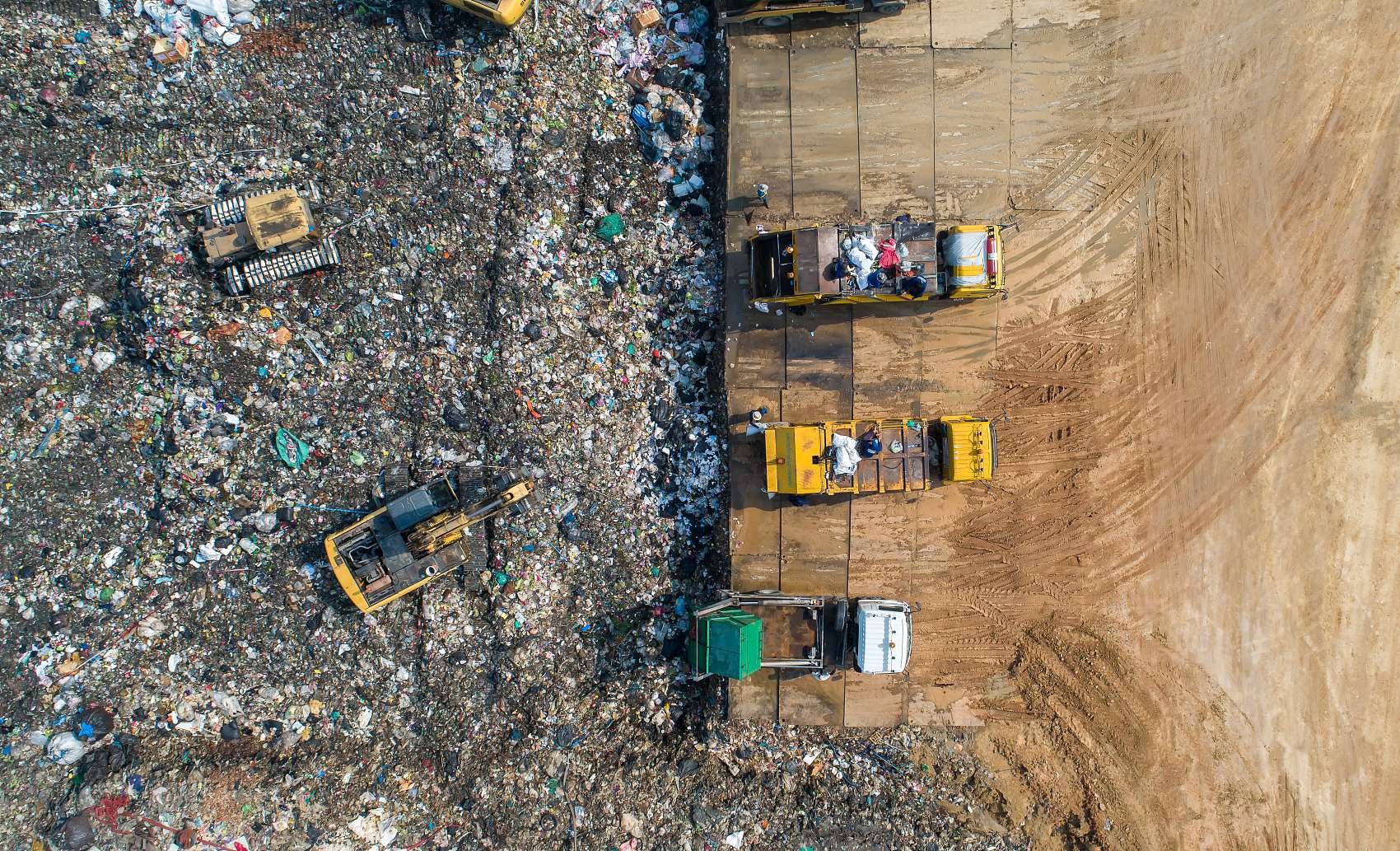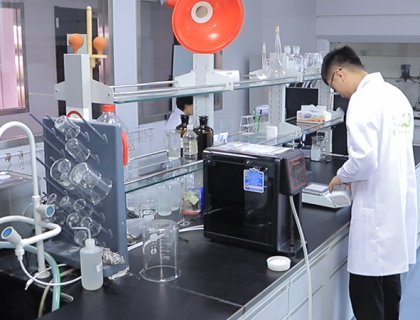Get Free Sample
The most common waste disposal method in many parts of the world is landfilling. Landfills are sites where solid waste is deposited into the ground and covered with layers of soil or other materials to reduce odor, control pollution, and prevent the spread of waste. Landfilling is a widely used method for disposing of various types of waste, including municipal solid waste, construction and demolition debris, and industrial waste.
However, it's important to note that landfilling is not always the most environmentally friendly or sustainable waste disposal method. In recent years, there has been a growing emphasis on reducing waste generation, recycling, and promoting more sustainable waste management practices, such as waste-to-energy technologies and composting, to minimize the environmental impact of waste disposal.
Sodium polyacrylate may not be a household name when it comes to waste management, but it plays a key role in landfill solidification, pulping conversion, and legal disposal solutions. SOCO® Polymer reveals its importance in environmental protection and waste management.
Waste management has always been one of the serious challenges facing our society. Every year, millions of tons of waste are produced, posing a potential threat to our environment and public health. Landfills are a common way of disposing of this waste, but their management and maintenance can present a range of issues, including geological, environmental and legal ones. Therefore, finding effective waste treatment and disposal solutions is crucial.
Sodium polyacrylate, often referred to simply as sodium polyacrylate, is a polymer chemical that has a wide range of applications in waste management. Here are three main uses for it in landfills:
Sodium polyacrylate can be used to solidify waste, converting it into a solid mass. This helps reduce the volume of waste, thereby reducing the burden on landfills. By adding the right amount of sodium polyacrylate, liquid waste can be converted into a solid state, making it easier to handle and store.
Disposal of liquids in landfills is often a complex problem. Sodium polyacrylate can be used to convert liquid waste into a dense slurry, reducing the risk of liquid leakage. This helps prevent groundwater and soil contamination and improves the environmental performance of the landfill.
In many countries, waste disposal is overseen by regulatory agencies and requires compliance with a range of laws and regulations. The use of sodium polyacrylate can help waste managers comply with these regulations, ensuring their operations are legal and environmentally friendly, thereby avoiding fines and legal disputes.
As we know, waste management has profound impacts on the environment and sustainability. Using sodium polyacrylate can reduce the negative impact of landfills on the environment. By solidifying waste and slurrying it, we can reduce the footprint of landfills, extend their useful life, and reduce the risk of groundwater and soil contamination. This helps protect our natural resources while reducing the need for new landfills.
While the use of sodium polyacrylate in waste management has achieved some success, many opportunities remain for continued research and innovation. Scientists and engineers are working to improve the properties of sodium polyacrylate to meet changing waste management challenges. This could include more efficient curing and slurrying technologies, as well as more environmentally friendly production methods.
In the field of waste management, we need to constantly look for innovative and sustainable solutions to reduce the burden on the environment. The use of sodium polyacrylate in solidification, pulping conversion and legal disposal offers a promising approach to help reduce the negative impacts of landfills and drive more sustainable waste management. We look forward to future research and developments that will further improve practice in this area and provide a better future for our planet.
SOCO® Polymer Sodium Polyacrylate products have many advantages over the same industry in solidification and slurry conversion applications in landfills.
Quality and performance reliability:
Well-known brands often invest significant resources in the development, manufacturing, and testing of their products to ensure that their products are of high quality and reliability. This means that the product can operate stably for a long time in a landfill environment, ensuring the effectiveness of waste treatment.
Technological innovation:
Well-known brands are likely to continue to invest in R&D and innovation to improve the performance and efficiency of their products. This includes the development of new sodium polyacrylate formulations to better meet the treatment needs of different types of waste.
Compliance and environmental protection:
Well-known brands often adhere to strict regulations and environmental standards to ensure that their products do not adversely affect the environment when used in landfills. This helps ensure that waste disposal is legal and environmentally friendly.
Technical Support and Training:
SOCO® Polymer provides technical support and training services to help customers use its products correctly and maximize their performance. This helps ensure the best results during the waste disposal process.
Reliable supply chain:
SOCO® Polymer has a reliable supply chain that ensures timely supply of products. This is critical to the continued operation of the landfill.
Customer feedback and reputation:
SOCO® Polymer has cooperated with many well-known landfill processors in the industry, has a good reputation in the industry, and has cooperated with downstream companies for more than ten years.
When applying sodium polyacrylate products, they should be handled correctly according to the product's instructions and recommendations to ensure optimal performance and safety.
Drilling waste treatment solidifying products are specialized materials used to treat and stabilize drilling waste materials.
Mud waste treatment solutions are a range of technologies and methods for the effective management and treatment of mud-containing waste generated by the drilling, mining, construction and other industries.
We have “Ask The Expert” online service 24/7. If you have any questions please contact us.